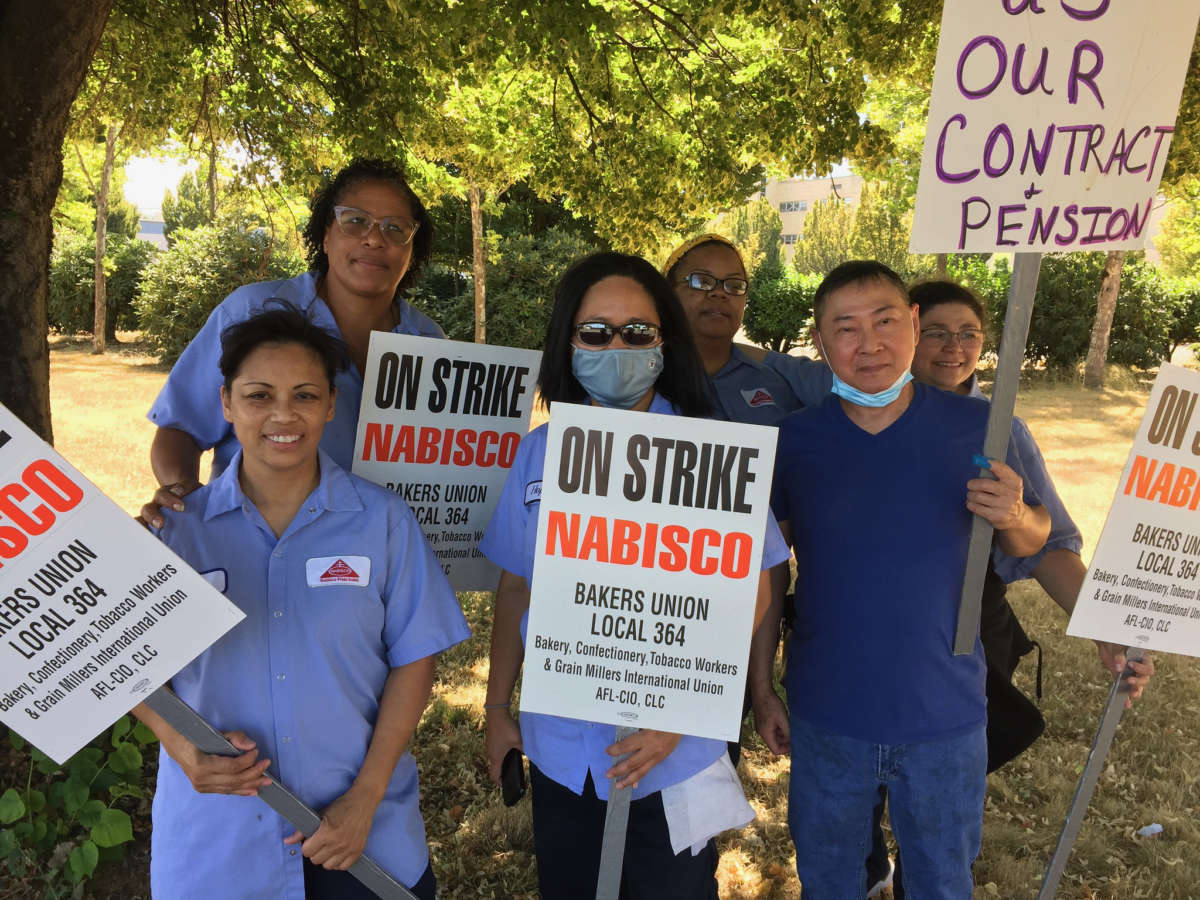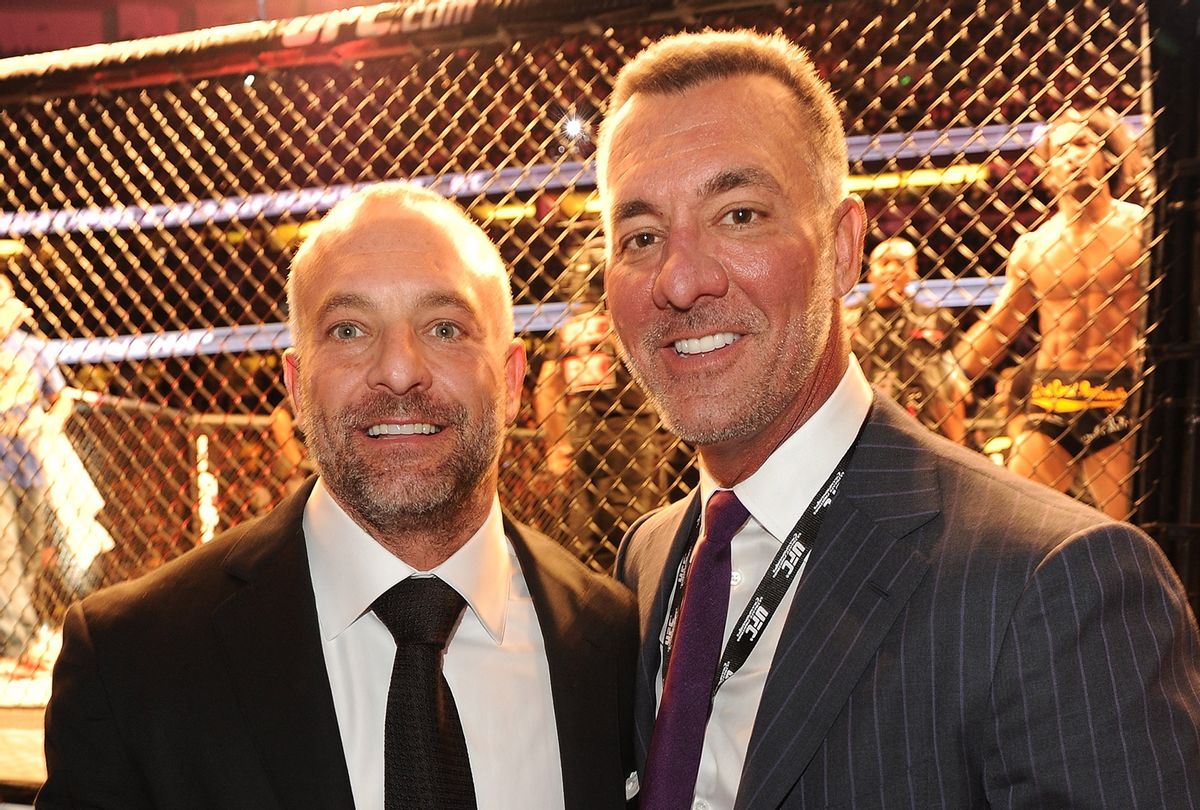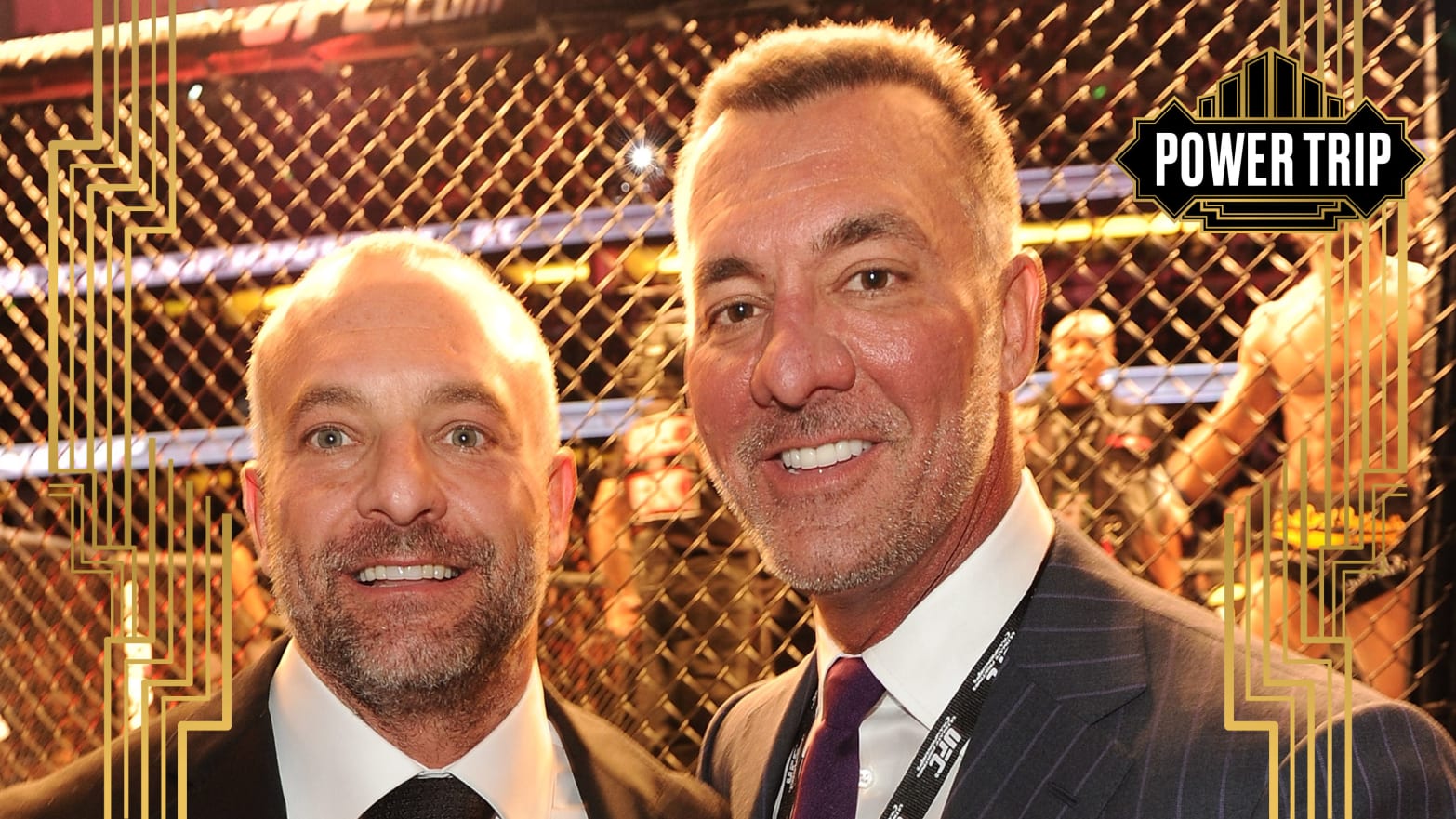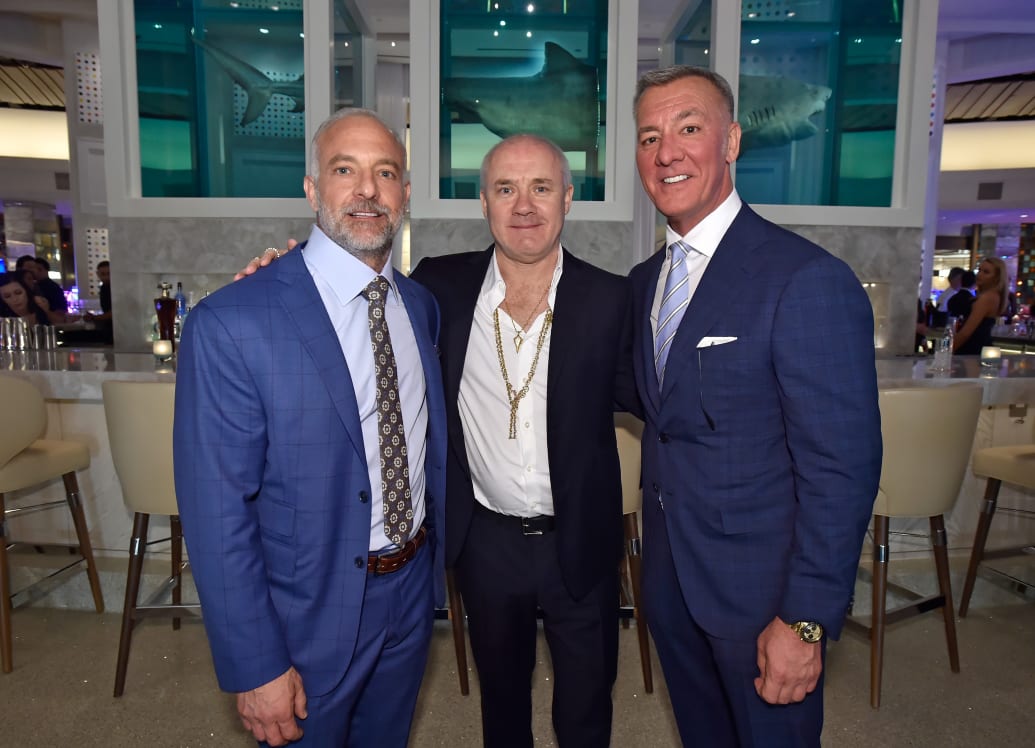Hannah Towey Sep. 3, 2021,

Vivien Killilea/Getty Images for Bumble (left) and Britta Pedersen-Pool/Getty Image (right)
Gov. Abbott said Texas' abortion ban "is not slowing down businesses" from coming to the state.
But two-thirds of "top talent" said in a survey that the law would discourage them from working in Texas.
Most tech companies have remained silent on the issue - the only 2 CEOs to immediately respond were women..
Two-thirds of "top talent" said Texas' abortion ban would discourage them from taking a job in the state, according to a recent survey commissioned by the Tara Health Foundation.
More than half of respondents said they would want their employer to speak publicly about restrictive abortion policies. For most Texas companies, that has not been the case.
Despite the tech industry's record of speaking out on political issues such as LGBTQ and immigration rights, only two tech CEOs with offices in Texas immediately responded to the state's abortion ban. Both are women.
Lyft CEO Logan Green tweeted Friday that the ban "threatens to punish drivers for getting people where they need to go- especially women exercising their right to choose," adding that Lyft "created a Driver Legal Defense Fund to cover 100% of legal fees for drivers sued under SB8 while driving on our platform."
Website hosting provider GoDaddy told anti-abortion group Texas Right for Life that its anonymous abortion tip line violated its terms of service on Friday.
"We have informed prolifewhistleblower.com they have 24 hours to move to another provider for violating our terms of service," a spokesperson told The New York Times.
Texas Gov. Abbott told CNBC on Thursday that he does not believe the legislation banning abortion after six weeks - before most women know they are pregnant - will cause employers to react negatively.
"This is not slowing down businesses coming to the state of Texas at all," he said, adding that Elon Musk is a fan of Texas' social policies.
The Tesla CEO tweeted in response that he would "prefer to stay out of politics" and that "the government should rarely impose its will upon the people."
Data released Tuesday suggests that the ban may deter college-educated workers from accepting positions in Texas. In a survey of 1,804 working adults ages 18 to 64 with a college degree, the majority said they would not apply for jobs in a state with an abortion ban similar to SB 8.
One male respondent from Washington wrote that the bill would make him "not likely to do business (or live) in that state. And further, as a decision influencer in some cases, I would highly recommend that no organization that I am affiliated with does business in that state - including meetings and conventions."
Texas cities Austin and Houston are considered some of the fastest-growing tech hubs in the US due to low taxes and minimal regulation. Facebook, Apple, Microsoft, Tesla, Amazon, Google, Dell, PayPal, and Salesforce are just some of the industry giants who have moved offices to the state over the past decade.
Bumble, the $6.6 billion company founded by Whitney Wolfe Herd in 2014, tweeted that it was "women-founded and women-led," and would "keep fighting against regressive laws like #SB8."
Match Group - the $38.4 billion parent company of several dating platforms, including Hinge and Tinder - told its staff in a memo that it would start a fund for its Texas employees to access abortions outside of the state. Match Group is helmed by CEO Shar Dubey.
A Microsoft spokesperson told Insider that the company has nothing to share at this time. Dell said it would circle back if it has any statements to share.
"If you look at what our state is doing, and then you see another state where they're not doing some of those things, you might say, 'Well, the money's good, but where do I want to raise my family?" Tammi Wallace, CEO of the Greater Houston LGBT Chamber of Commerce, told Bloomberg.
Facebook, Apple, Tesla, Amazon, Google, PayPal, and Salesforce did not respond to Insider's request for comment.
Lyft, Uber lash out at legal threat from strict Texas abortion law
Companies to cover fees for any drivers sued for driving women to abortion clinics

Ride-hailing companies Uber and Lyft said Friday they will cover the legal fees of any driver who is sued under the new law prohibiting most abortions in Texas.
The Texas law bans abortions once medical professionals can detect cardiac activity, usually around six weeks and often before women know they're pregnant. Rather than be enforced by government authorities, the law gives citizens the right to file civil suits and collect damages against anyone aiding an abortion — including those who transport women to clinics.
San Francisco-based Lyft said it has created a fund to cover 100 per cent of the legal fees for drivers sued under the law while driving on its platform. Calling the Texas law "an attack on women's right to choose," Lyft also said it would donate $1 million to Planned Parenthood.
"We want to be clear: Drivers are never responsible for monitoring where their riders go or why. Imagine being a driver and not knowing if you are breaking the law by giving someone a ride," Lyft said in a statement.
"Similarly, riders never have to justify, or even share, where they are going and why. Imagine being a pregnant woman trying to get to a health-care appointment and not knowing if your driver will cancel on you for fear of breaking a law."
Uber CEO Dara Khosrowshahi responded to Lyft's statement in a tweet announcing a similar policy for its drivers.
"Drivers shouldn't be put at risk for getting people where they want to go," Khosrowshahi wrote. Uber is also headquartered in San Francisco.
The ban leaves enforcement up to individual citizens, enabling them to sue anyone who provides or "aids or abets" an abortion after six weeks. This potentially includes drivers who unknowingly take women to clinics for abortion procedures.
A judge on Friday temporarily shielded some Texas abortion clinics from being sued under the new law.
The temporary restraining order was issued by District Judge Maya Guerra Gamble in Austin in response to a Planned Parenthood request. Although the law remains in effect, the judge's order shields Planned Parenthood's clinics, specifically, from whistleblower lawsuits by the non-profit group Texas Right to Life, its legislative director and people working in concert with the group.
A hearing on a preliminary injunction request is scheduled for Sept. 13.
Earlier this week, the chief executive of Tinder-owner Match Group said she is setting up a fund to help any Texas-based employees who need to seek an abortion outside the state.
Rival dating app Bumble also criticized the law and announced on Instagram it will donate funds to six organizations that support women's reproductive rights.
Both dating companies are based in Texas and led by women.
Match Group said CEO Shar Dubey is creating the fund on her own and not through the company. She spoke out against the law in a memo to employees on Thursday.
"I immigrated to America from India over 25 years ago and I have to say, as a Texas resident, I am shocked that I now live in a state where women's reproductive laws are more regressive than most of the world, including India," Dubey said in the memo.
The Texas law, which took effect early Wednesday after the U.S. Supreme Court denied an emergency appeal from abortion providers, constitutes the biggest curb to the constitutional right to an abortion in decades. It does not make exceptions for rape or incest.
Website hosting service GoDaddy Inc. on Friday, meanwhile, shut down a Texas anti-abortion website that allowed people to report suspected abortions.
With files from Reuters










